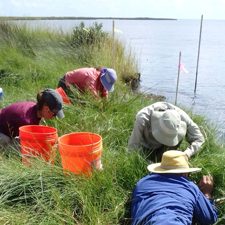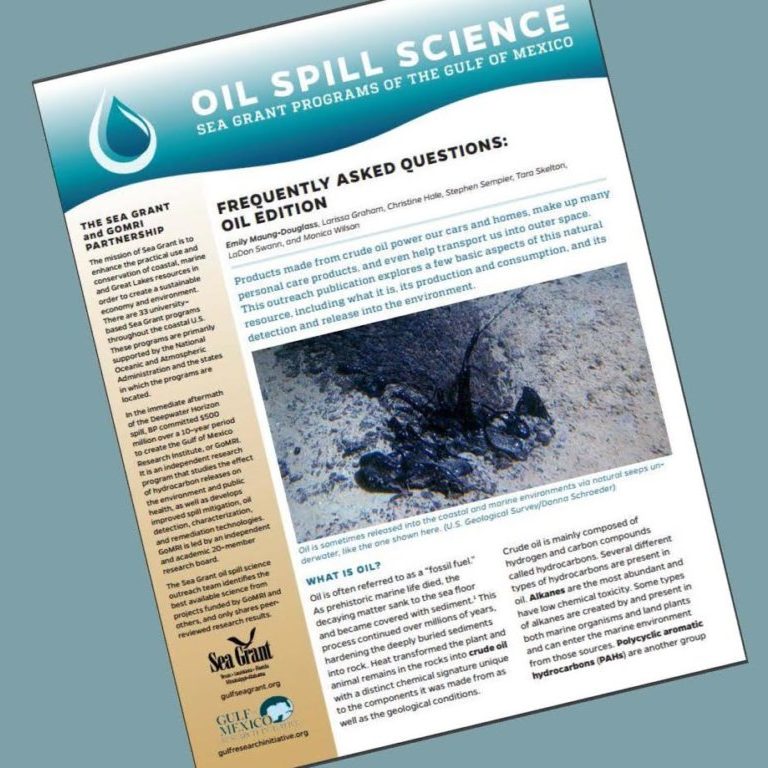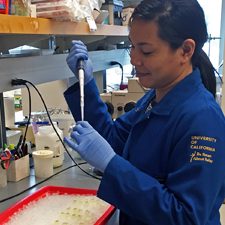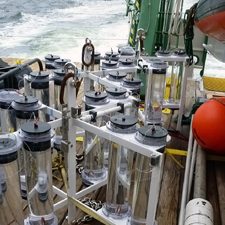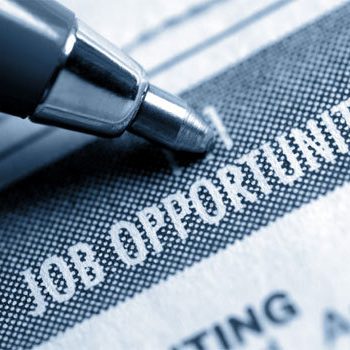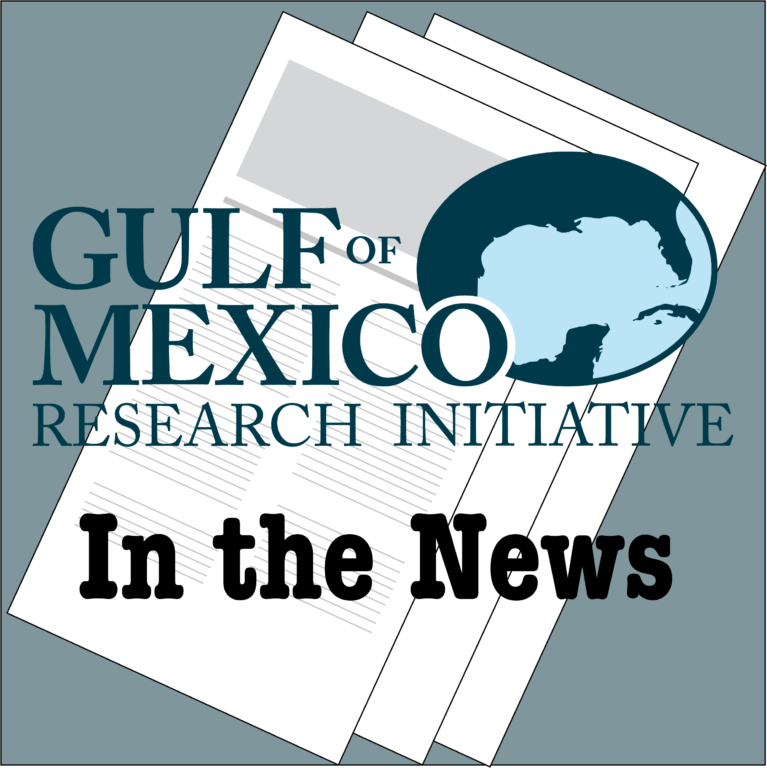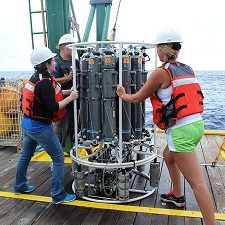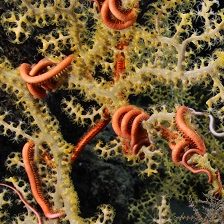Five-Year Study Finds Deepwater Horizon Negatively Affected Periwinkle Snails
Scientists conducted a meta-analysis on marsh periwinkle snails using data spanning five years to investigate how the oil spill affected them over time. The researchers found that snails from heavily-oiled sites exhibited decreased density and shell length.

